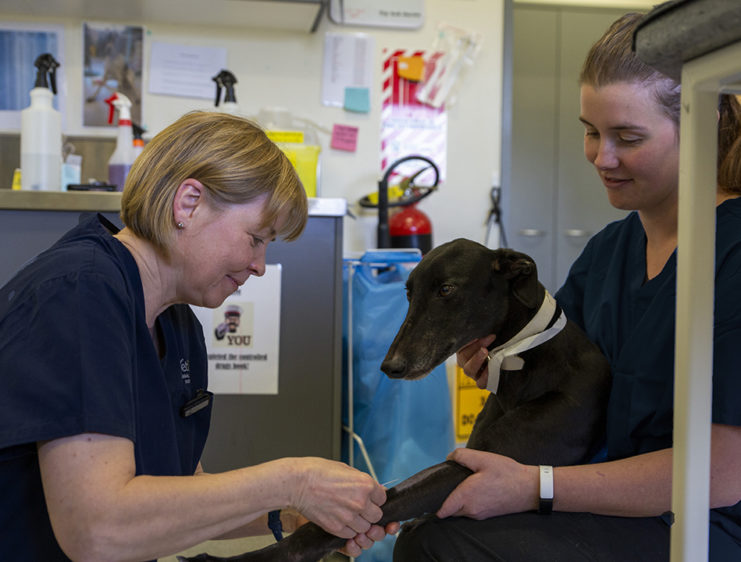
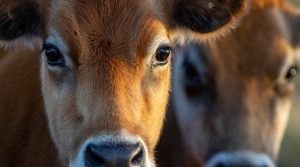 Explore the latest news, insights, and seasonal advice designed to keep your pets and livestock healthy and thriving.
Explore the latest news, insights, and seasonal advice designed to keep your pets and livestock healthy and thriving.Transitioning a Dry Cow from Late Lactation
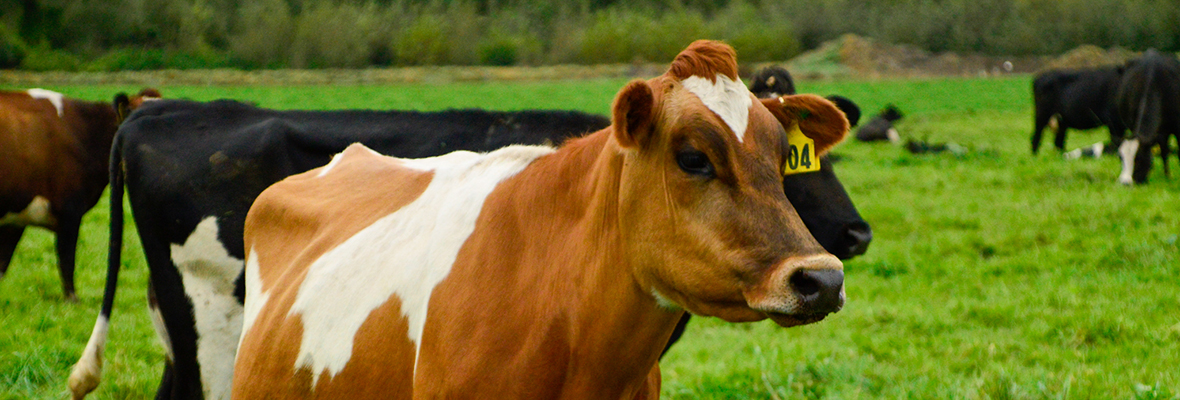
Going into the late lactation period, we need to start thinking about the best way to get the cows and farm ready for next season. What we do now will have a big impact in the new season. Body condition and transitioning the cows properly from milking to dry are the key points to focus […]
READ MORE

Clostridial Diseases in Cattle
Clostridial bacteria are widespread in the environment, both in the soil and water, and they commonly cause acute disease often followed by sudden death. In cattle the main clostridial diseases we see are: Tetanus Blackleg Malignant oedema Black disease Redwater Sudden death syndrome (C. sordellii) Diagnosis of clostridial disease can be tricky. This is generally […]
READ MORE

How to Protect Stock and Pasture after Drought
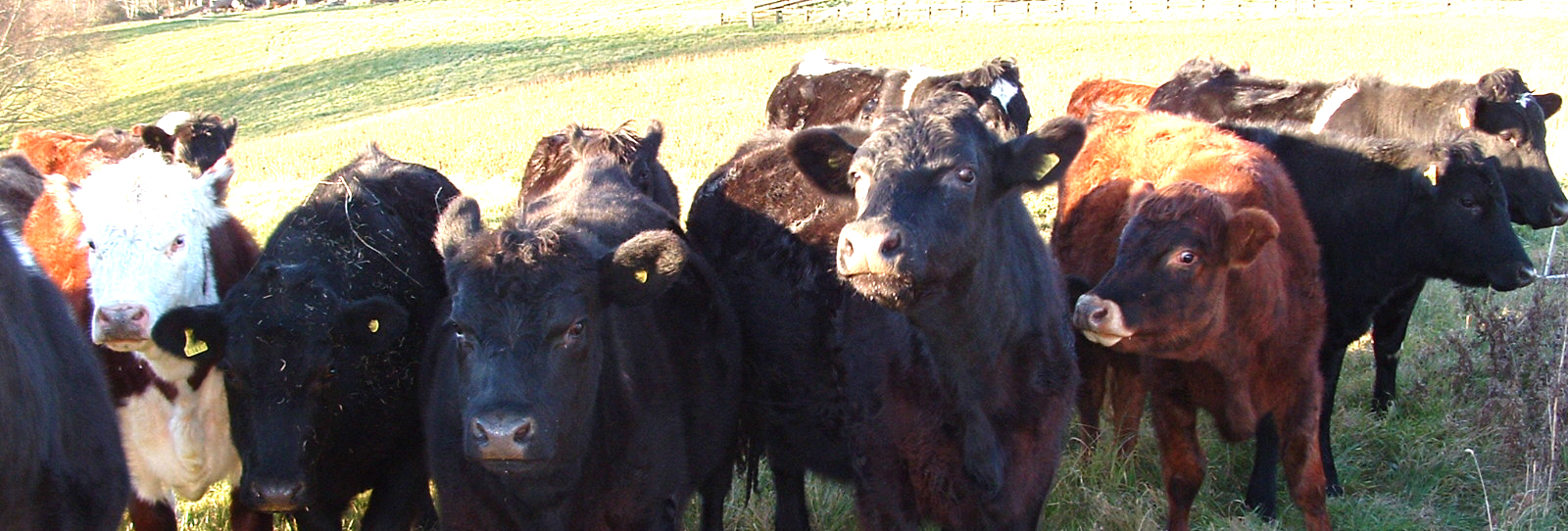
We are heading into a dry-looking March as I write this but, with a bit of luck, much-needed rain will have fallen by the time you read this latest copy of the Vetlife Rural Newsletter. Sooner or later it is going to rain, and there are a few health conditions that are worth considering when […]
READ MORE

Hind Scanning 2023
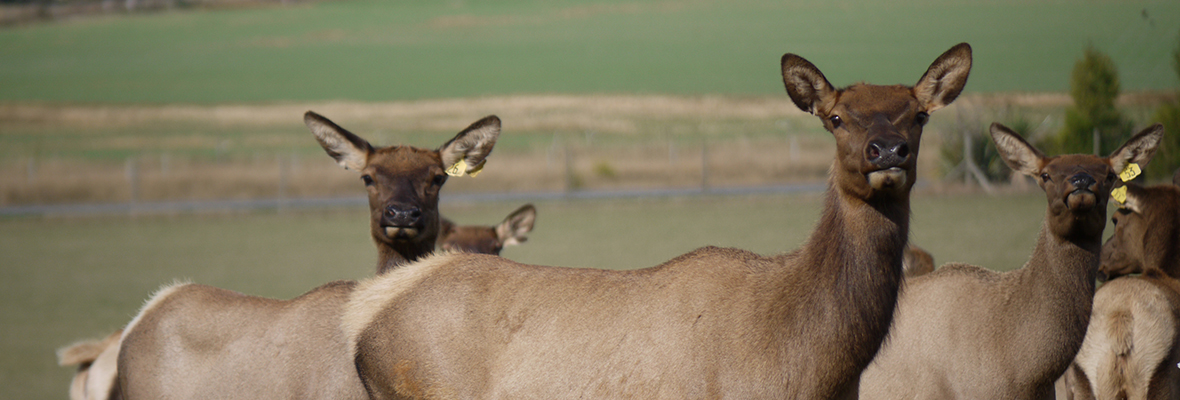
Contrary to that in the North Island, the Central Otago sunshine has been relentless since the new year. Driving around you can see the effect this is having on feed quality throughout the countryside. For hinds coming up to the rut, this may be particularly problematic. Mating will be a tough time, especially for hinds […]
READ MORE

Trace Element Monitoring
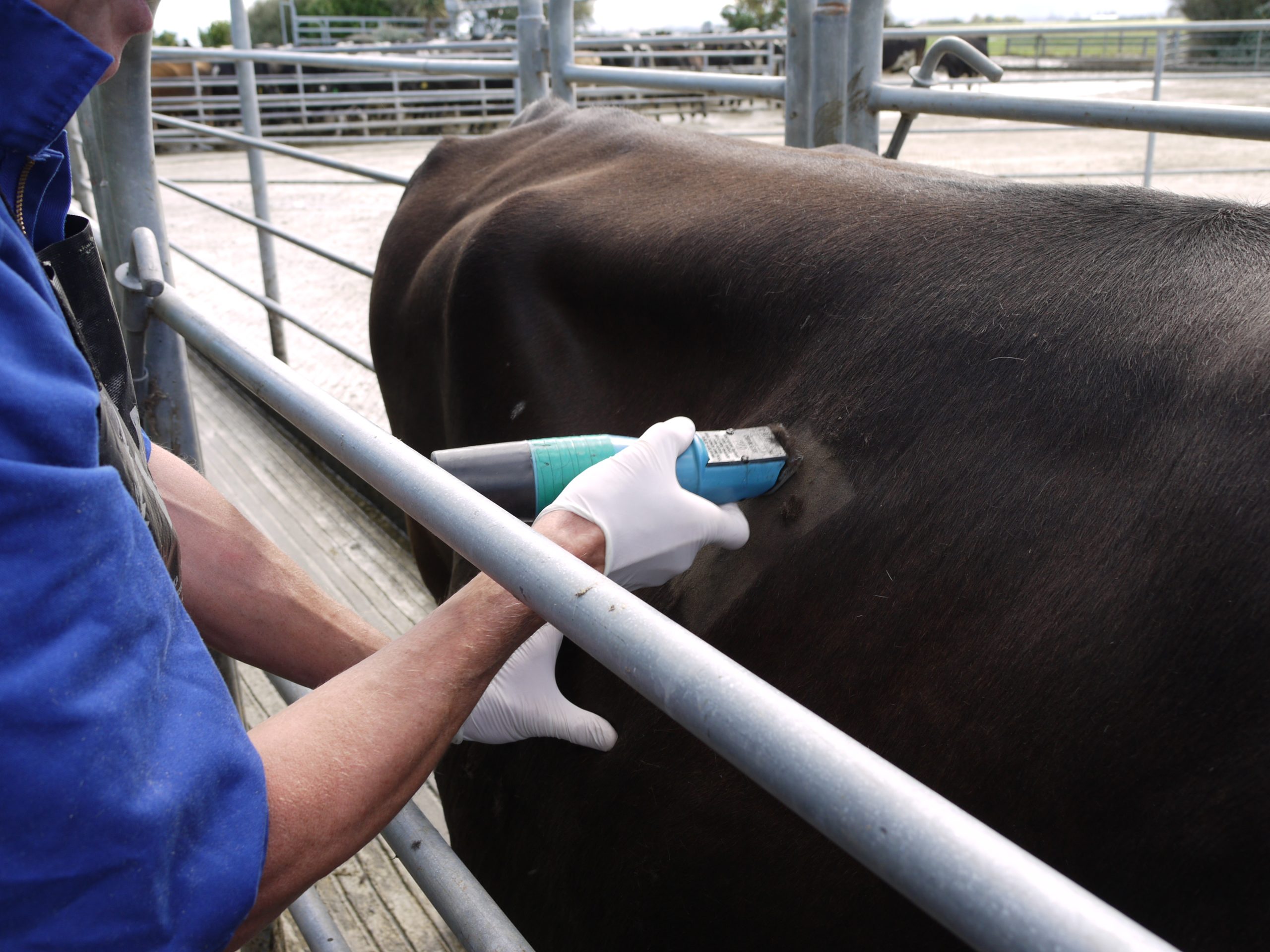
Autumn is the perfect time to review your trace element and mineral programme and to make a testing and supplementation plan for your farm with your veterinarian. Most farms will have a trace element supplementation programme of some description, but regular testing is needed to make sure it is working and that you are getting […]
READ MORE

How Healthy are Your Hooves?
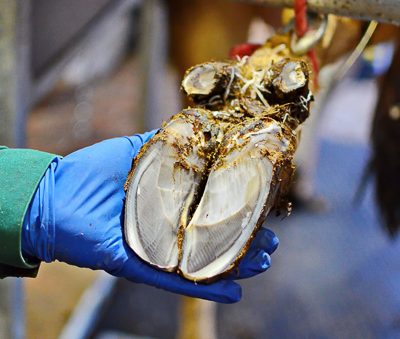
Lameness has a huge impact on the fertility, milk production and body condition of cows. The result is large amounts of time and energy spent treating cases and increasing culling, and then a consequential decrease in overall efficiency on farm. Costs of lameness are estimated at between $200-$1,300/cow depending on the case, and, as you […]
READ MORE

Get the Most Out of Your Scanning Data
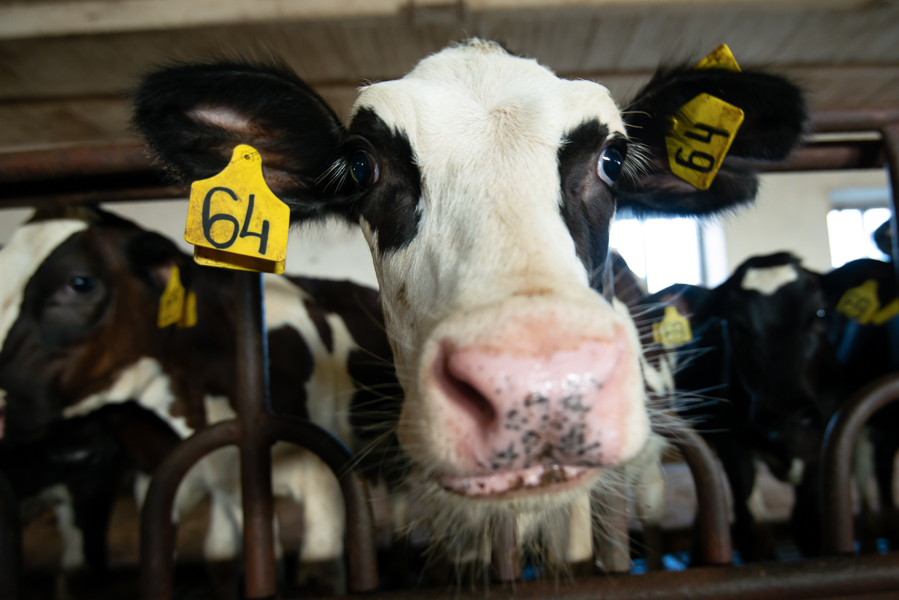
Reviewing reproductive data can assist in providing more targeted outcomes for you and your business. It seems like only yesterday we started calving. Time has flown by, and now most dairy farms will be finished with mating and will have some scanning data available. To some, this information may not be used for much, but it […]
READ MORE

Beef Pregnancy Scanning
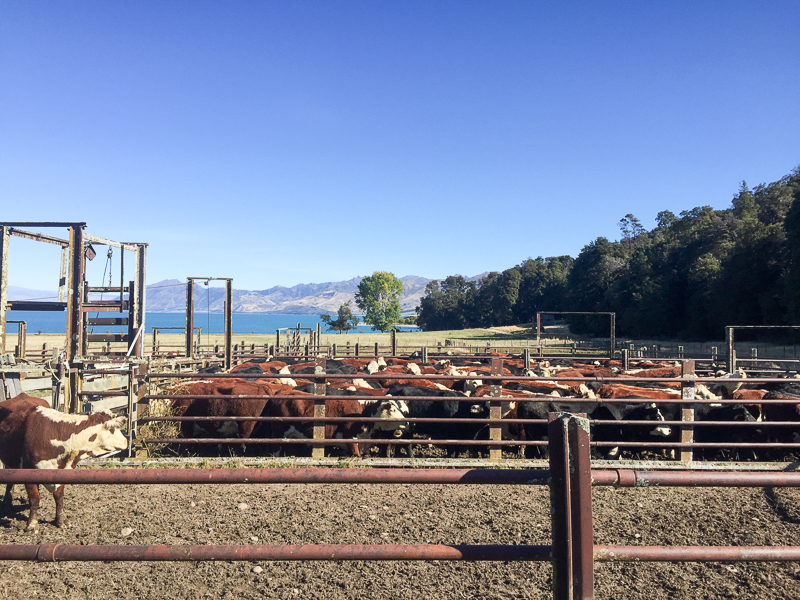
As calf weaning approaches, we judge the performance of our beef cow herds by deciding ‘how good’ this year’s weaners look. Are they a nice even line of calves, or are there a number of tail-end stragglers that will have to play catch-up? Weaning good-sized calves depends on a lot of factors, including genetics, cow […]
READ MORE

Getting Hinds and Stags Ready for Mating
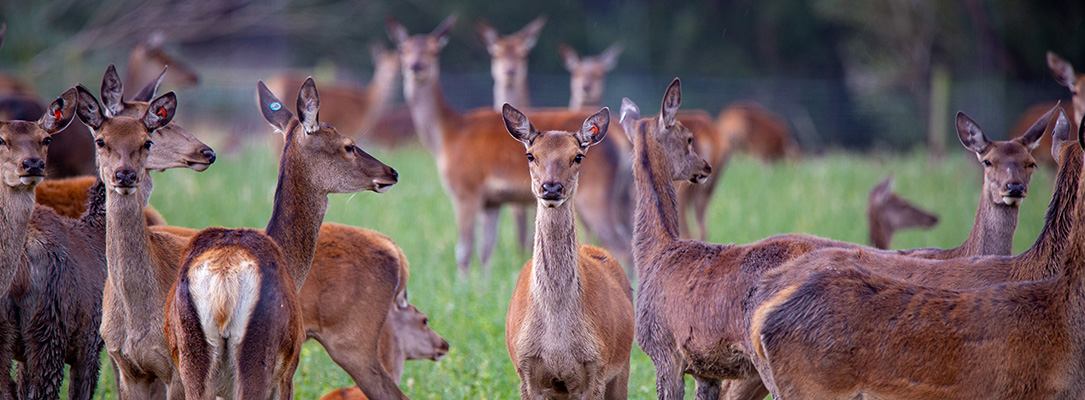
As the breeding season approaches, ensuring your herd is in peak condition is essential for successful mating and maximising the reproductive outcome and growing offspring well. Proper management of both hinds and stags during this time can significantly impact fertility, conception rates, and the overall health of your animals. Below, we outline key strategies that […]
READ MORE

Plan to Succeed, not Fail!
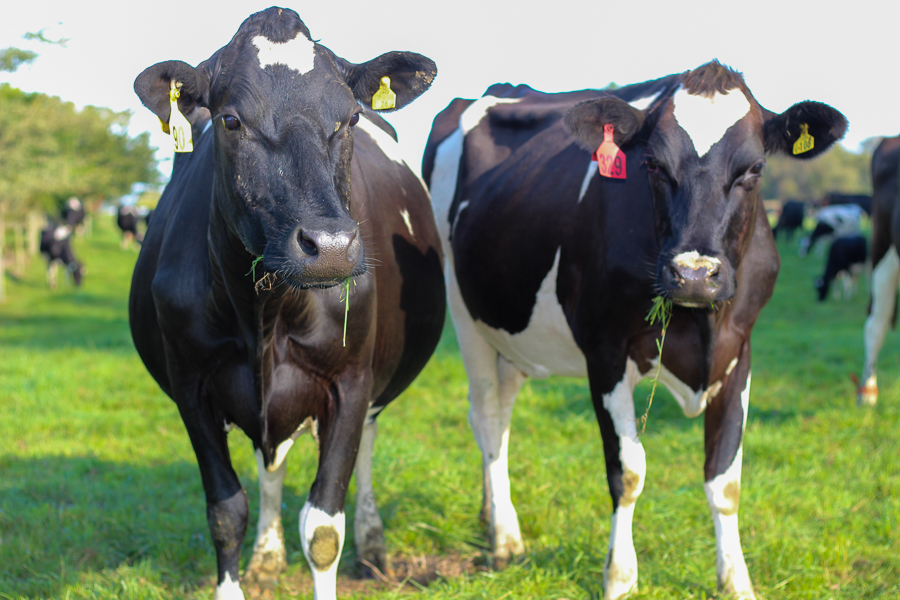
Summer is the time for PAR! In other words, you ‘Planned’ and ‘Acted’ and now is the time to ‘Review’. So, three simple questions to ask yourself and to discuss with your management team/business partners: Where are we and how did we get here? Where are we heading, and do we want to go there? If […]
READ MORE

The Rise of the Vet Tech

An interview with Peter Gallacher, LAVT chair and veterinary technician Peter is a Senior Veterinary Technician at Vetlife for North Canterbury, based at our Oxford clinic, although you may see him helping out at other clinics as needed. Peter is also the President/Chair of the LAVT (Large Animal Veterinary Technician) committee of the NZVA (New […]
READ MORE

Non-return Rates
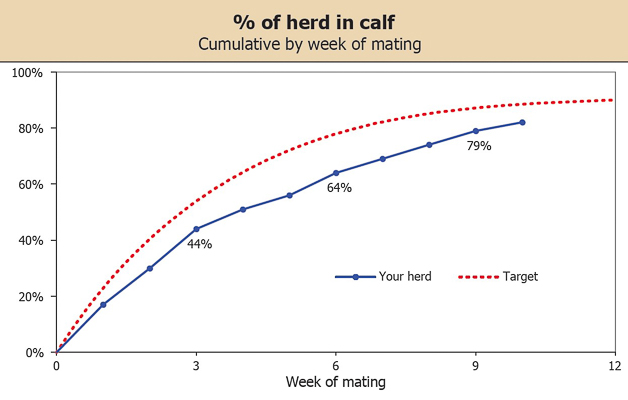
As a rule, non-return rates can be variable, but in general terms, we are mainly concerned about very high rates (as they may signal problems with your mating) and very low rates. Non-returns are simply cows not seen to return to heat post mating, so they are either truly pregnant, have gone anoestrus again, have missed […]
READ MORE

Get in touch with your local Vetlife Clinic today to discuss your animal’s health concerns.
With vet clinics across the South Island, we look forward to welcoming you into one of our Vetlife clinics.
FIND A CLINIC